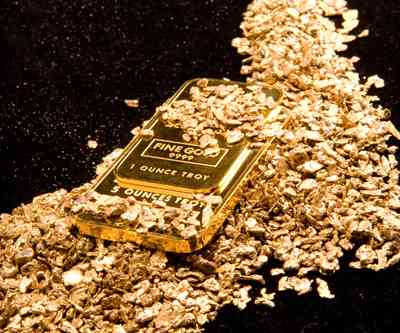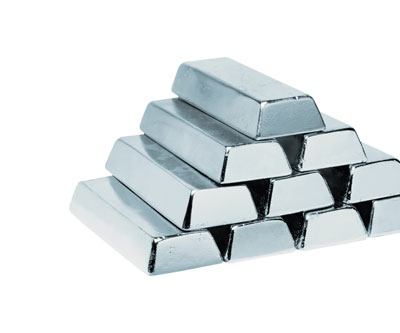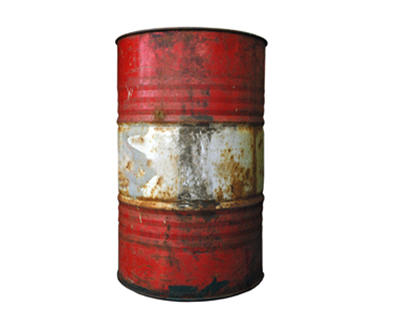Lundin hit by production problems, higher costs in Portugal
Lundin Mining Corporation reported on Friday net income of $57.7 million for the second quarter of 2011, up 36% from the same quarter last year.
The numbers were below management expectations after lower than expected metal production and higher unit costs at its flagship Neves-Corvo copper mine in Portugal north of the city of Faro (pictured). Lundin said the Tenke Fungurume mine in the Democratic Republic of Congo, its first venture beyond Europe, should start contributing to cash flows in the third quarter.













